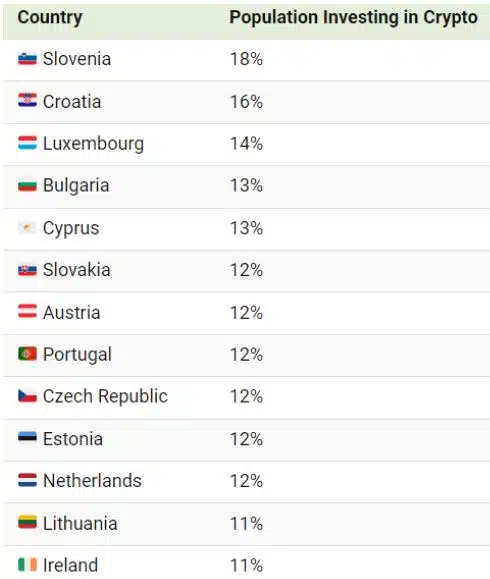EU to clamp down crypto ads on social media

- Misleading crypto ads on social media are exposing users to great risks, according to BEUC.
- Since crypto assets are yet to be regulated under the new MiCA regulations, consumers are not protected, says the group.
The European Consumer Organisation (BEUC) filed a complaint with the European Commission on 8 June against a number of social media platforms for facilitating the misleading promotion of crypto assets.
The BEUC alleged that crypto marketers on popular social platforms such as Instagram, YouTube, TikTok, Twitter, et al. use misleading promotion for crypto assets, exposing consumers to serious risks. These “finfluencers” are “an important source of information” for a younger audience.
The group says that since crypto assets are yet to be regulated under the new Market in Crypto Assets (MiCA) regulations, consumers are not protected by any specific laws.
BEUC is an umbrella group for 46 independent consumer organizations from 32 countries, making it Europe’s largest consumer rights group. It has also published a report titled “Hype or harm? The Great Social Media Crypto Con” in which it is alleged that consumers are not fully aware of the risks associated with crypto, making them vulnerable to risks.
The report calls Instagram, YouTube, Twitter and TikTok “key players” in crypto advertising. It also highlights how such activities are taking place on Facebook and Twitter.
On Facebook, crypto advertisements skirt rules that forbid the promotion of non-licensed financial platforms. Twitter founder Elon Musk himself used Doge, a mascot for Dogecoin, on the platform even though it prohibits crypto ads.
Group urges CPCN to lead enforcement
The consumer rights group asked for the implementation of the Unfair Commercial Practices Directive (UCPD), an existing legal measure available in the EU. It also suggests that the Consumer Protection Cooperation Network (CPCN), in collaboration with the European Supervisory Authorities (ESAs) for financial services, can lead the enforcement action in this respect.
The report urges the CPCN to request that social media platforms implement stricter conditions in their advertising policies. It also urges to prohibit influencers from promoting crypto products. CPCN should also submit reports to the European Commission about the effectiveness of the directives put in place.
The World Economic Forum published a report in March, highlighting the popularity of cryptocurrency across EU nations. Slovenia, Croatia and Luxemburg are the leading EU nations in terms of crypto popularity.







